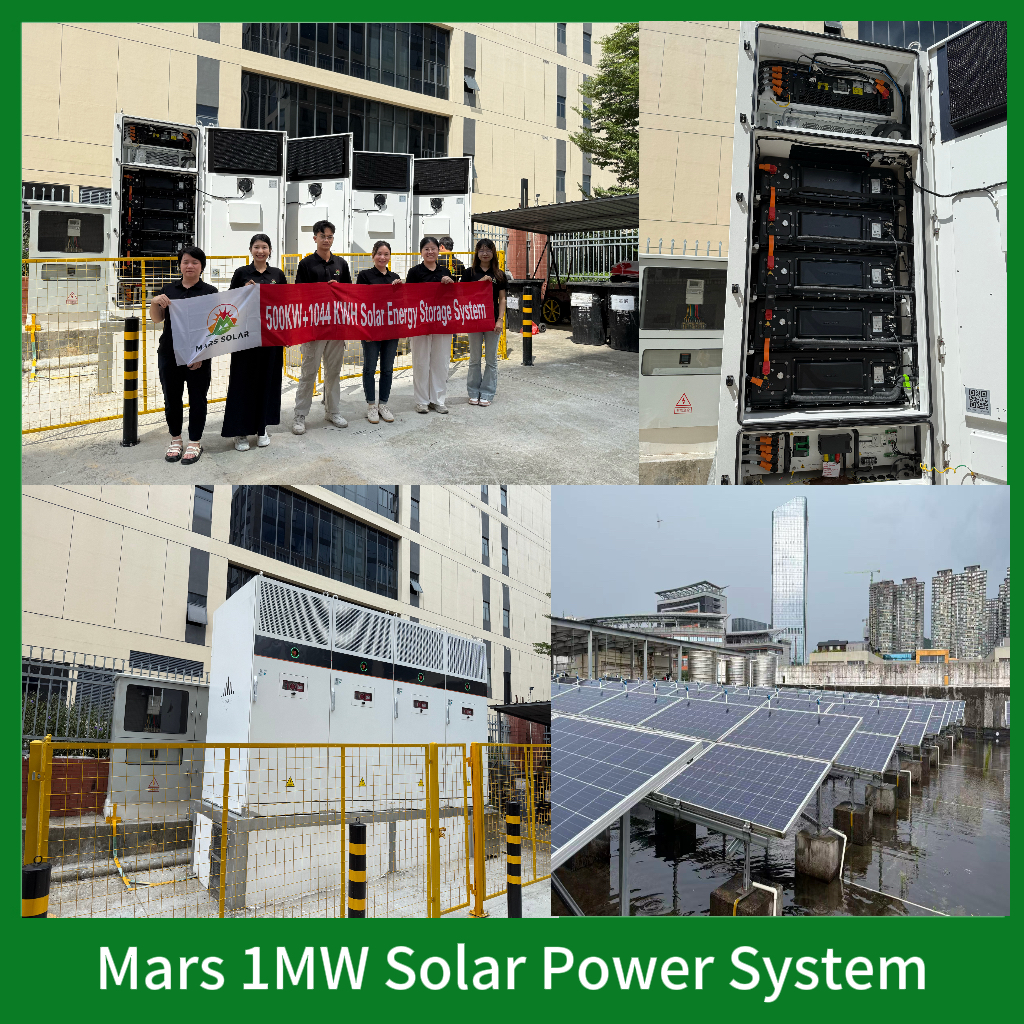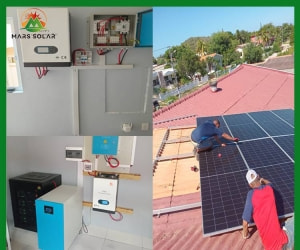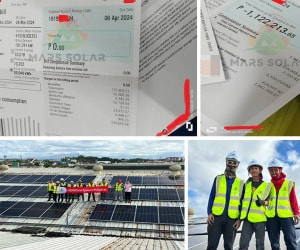A few days ago, industry analysis agency Wood Mackenzie released a report saying that if sub-Saharan Africa wants to achieve 100% Solar Panel Complete System electricity access by 2030, it is necessary to explore power supply models other than fossil energy and vigorously develop renewable energy power generation. Achieving access to electricity in sub-Saharan Africa while promoting the global energy transition. Achieving this goal is expected to require more than $350 billion in investment in the region.
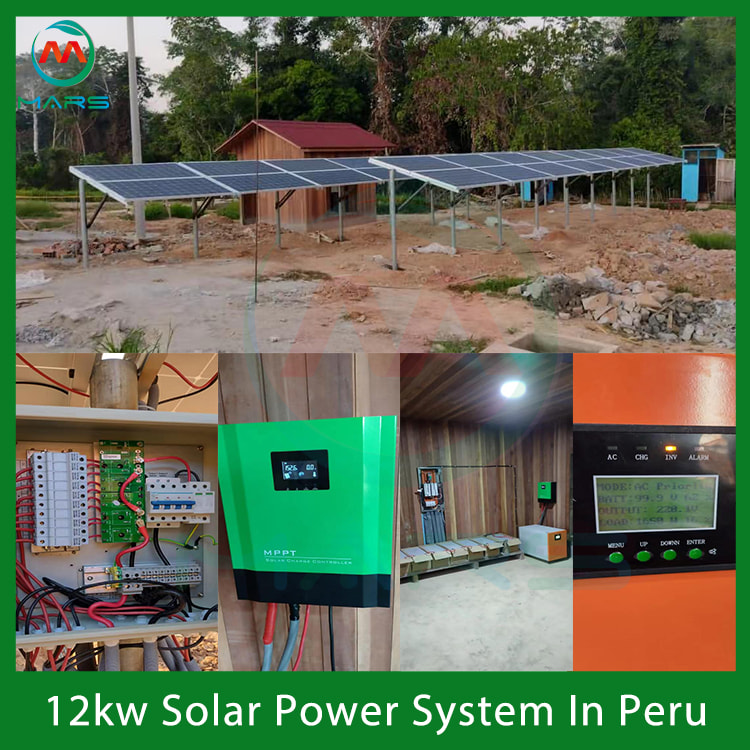
According to the African Development Bank, at present, the electricity access rate in Africa is only about 40%, and more than 640 million Africans live in areas without electricity. In particular, sub-Saharan Africa has the lowest electricity access rate in the world, and the per capita energy consumption is only 180 kWh/year, which is far lower than the per capita energy consumption level of thousands or even tens of thousands of kWh/year in European and American countries.
Wood Mackenzie pointed out that achieving 100% electricity in Africa is one of the major challenges facing the energy industry in the future. It is understood that the power grid in sub-Saharan Africa is weak and lacks sufficient transmission and distribution facilities. At the same time, the electricity supply in the region is mainly based on thermal power.
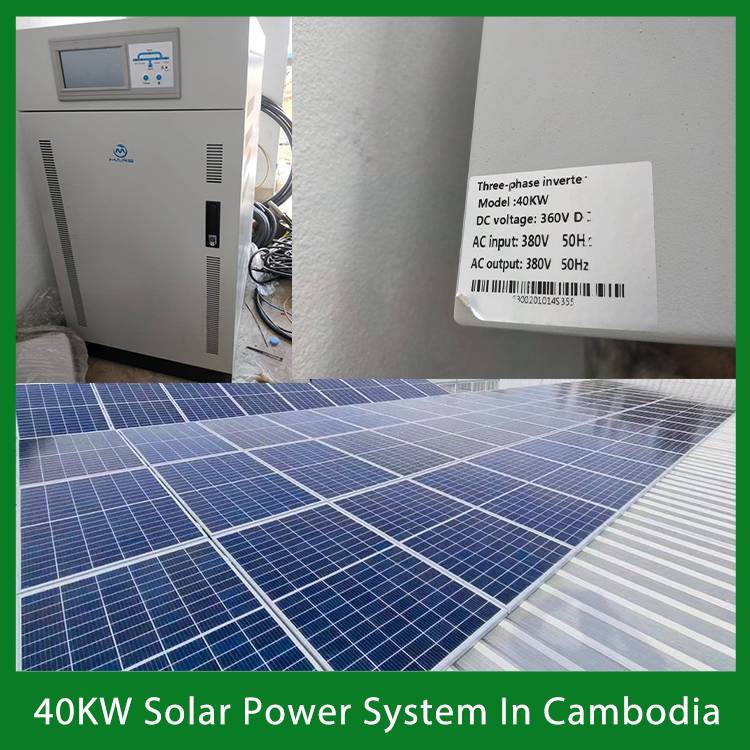
Sub-Saharan Africa has experienced multiple power outages in recent years. In May 2020, Kenya and Uganda experienced nationwide power outages. Kenya Electricity and Lighting said on Twitter that the outage was caused by a system failure in the company's transmission network. Nigeria’s national power grid is also frequently paralyzed. The Nigerian Power Transmission Company stated that although the country’s electricity connection rate is increasing, even if it is connected to electricity, people cannot get a stable and sustainable power supply because of the fragile power grid.
In the opinion of Wood Mackenzie analyst Benjamin Attia, the construction of thermal power plants requires a large investment and a long cycle, and at the same time requires the construction of supporting infrastructure. And in the context of falling renewable energy costs, if sub-Saharan Africa can adopt renewable energy on a large scale, it will promote and promote innovation in the power industry.
-
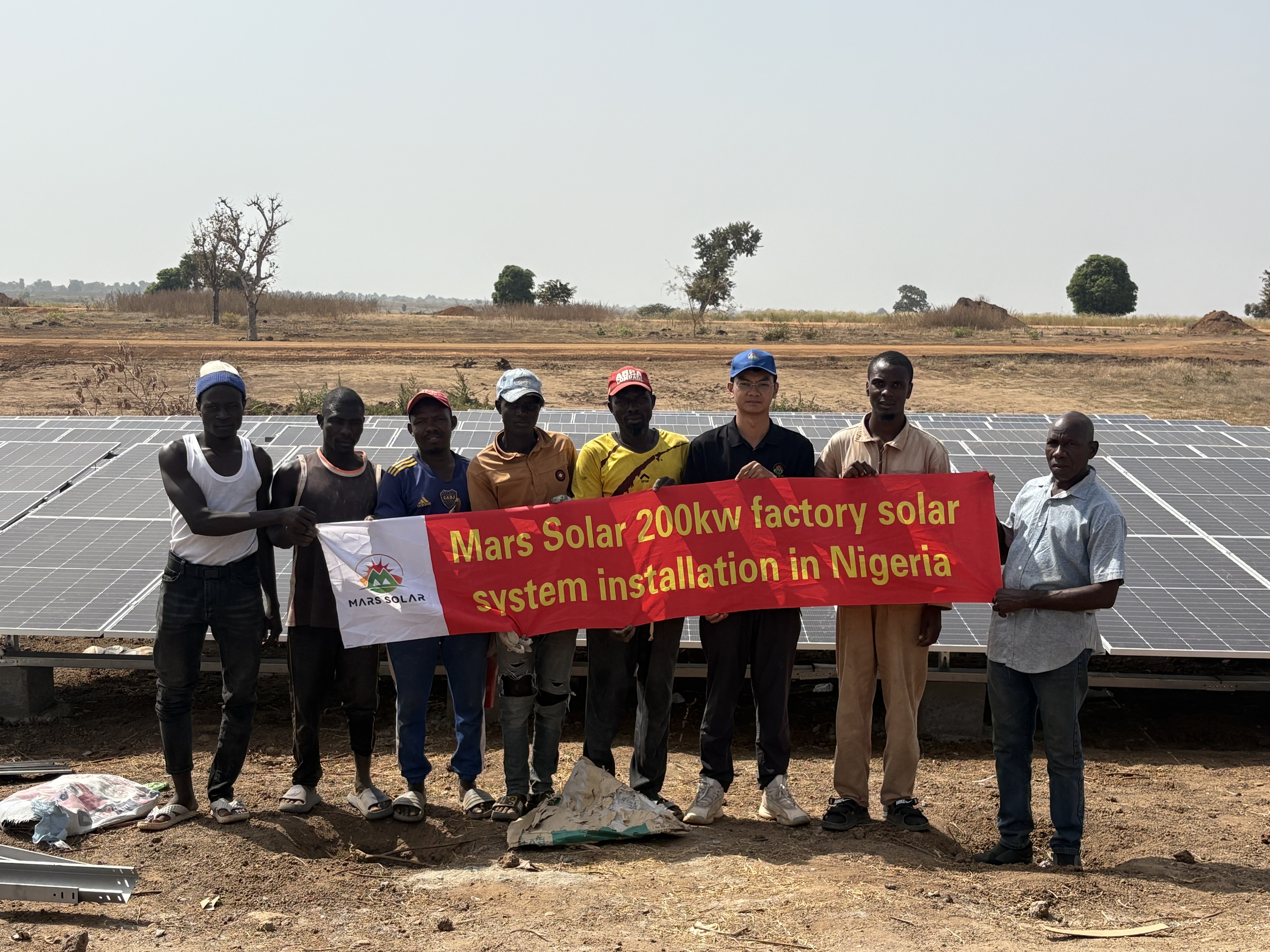 Case Study: 200kW Solar Power System Project for a Rice Mill in a Remote Area ofProject Overview This is a rice mill located in a remote area of Abuja, Nigeria. The local municipal power supply is unstable, and electricity tariffs have increased multiple times this year. Due to the unreliable grid power, the customer can only oper
Case Study: 200kW Solar Power System Project for a Rice Mill in a Remote Area ofProject Overview This is a rice mill located in a remote area of Abuja, Nigeria. The local municipal power supply is unstable, and electricity tariffs have increased multiple times this year. Due to the unreliable grid power, the customer can only operDo you like ?0
Read more -
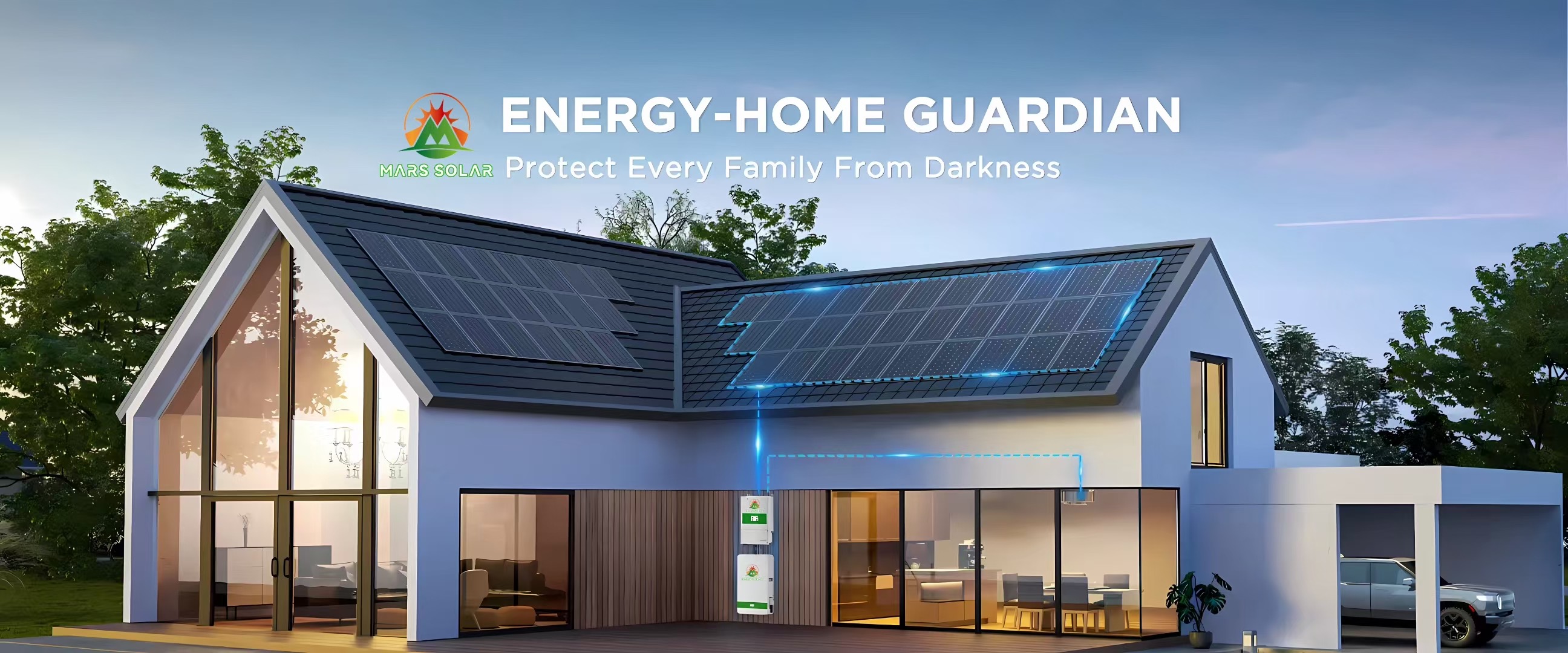 Solar PV System Expansion: Compatibility, Efficiency & Implementation Guide1. Background and Necessity Early-installed PV systems generally fail to meet the growing energy demands of modern households and enterprises. Compared with replacing the entire system, expansion is a more economical option—but the core question
Solar PV System Expansion: Compatibility, Efficiency & Implementation Guide1. Background and Necessity Early-installed PV systems generally fail to meet the growing energy demands of modern households and enterprises. Compared with replacing the entire system, expansion is a more economical option—but the core questionDo you like ?0
Read more -
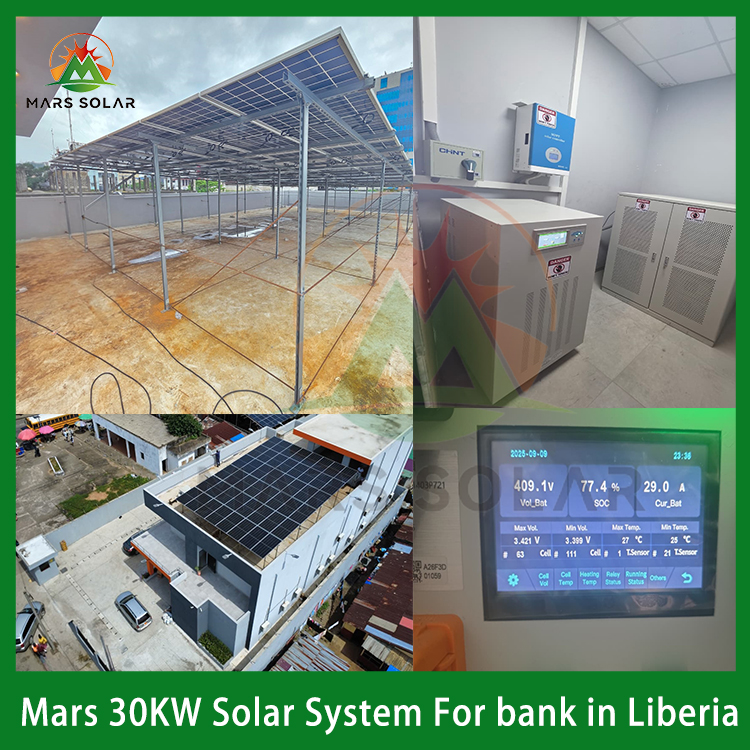 Customized Off-Grid Solar System for a Liberian Bank: Achieving Power IndependenWhen Banks Face the Challenge of "Grid Power Outages and Voltage Fluctuations": A Real-World Solution from Liberia In scenarios where the power grid is unstable and manual intervention is difficult, how to ensure the 24/7 stable operation
Customized Off-Grid Solar System for a Liberian Bank: Achieving Power IndependenWhen Banks Face the Challenge of "Grid Power Outages and Voltage Fluctuations": A Real-World Solution from Liberia In scenarios where the power grid is unstable and manual intervention is difficult, how to ensure the 24/7 stable operationDo you like ?0
Read more -
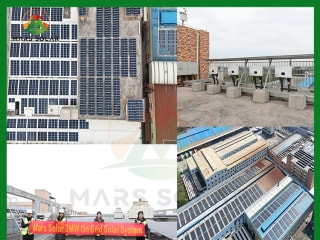 2MW Solar Panel System For Factory2MW mars solar grid-tied solar panel system for factory have designed, produced, and installed in a factory.How does Mars Solar build such a solar panel system for factory? 1. Data collection Before designing the plan, the factory owner vi
2MW Solar Panel System For Factory2MW mars solar grid-tied solar panel system for factory have designed, produced, and installed in a factory.How does Mars Solar build such a solar panel system for factory? 1. Data collection Before designing the plan, the factory owner viDo you like ?0
Read more -
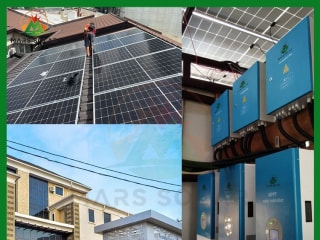 100KW Solar For Hotels And Resorts In NigeriaIn December 2024, the Mars Solar 100KW Nigeria solar for hotels and resorts project was successfully completed. In May 2024, the customer contacted Mars solar and had a series of communications on the solar for hotels and resorts project. The d
100KW Solar For Hotels And Resorts In NigeriaIn December 2024, the Mars Solar 100KW Nigeria solar for hotels and resorts project was successfully completed. In May 2024, the customer contacted Mars solar and had a series of communications on the solar for hotels and resorts project. The dDo you like ?0
Read more -
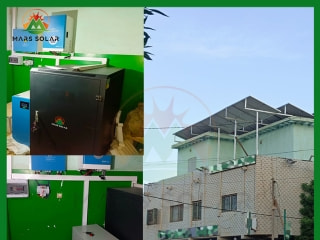 Reliable Energy Solutions for a Mali Pharmacy: 15KW Solar System Success StoryIn the heart of Mali, reliable electricity is a significant challenge, with power coming on for just 2 hours and then cutting off for 4 hours multiple times a day. This erratic power supply is particularly problematic for businesses that depend on consist
Reliable Energy Solutions for a Mali Pharmacy: 15KW Solar System Success StoryIn the heart of Mali, reliable electricity is a significant challenge, with power coming on for just 2 hours and then cutting off for 4 hours multiple times a day. This erratic power supply is particularly problematic for businesses that depend on consistDo you like ?0
Read more

